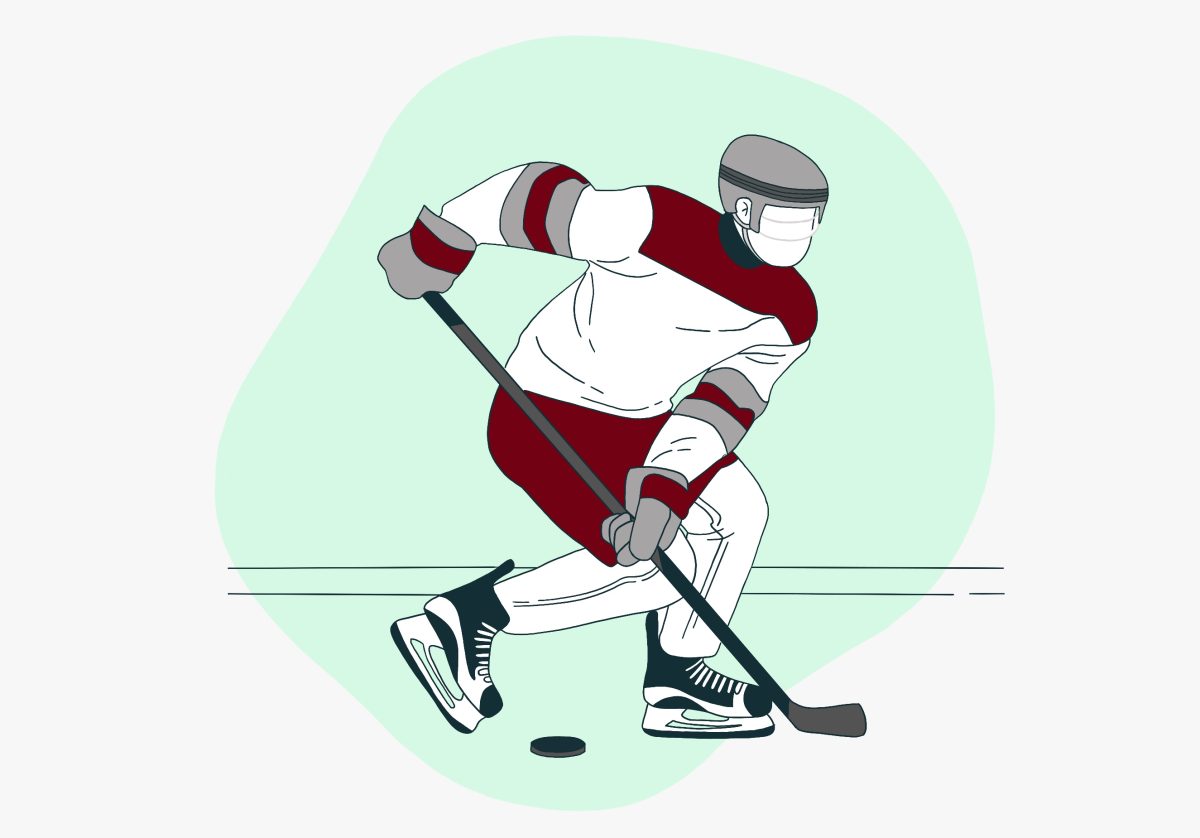I was shocked that the gang injunction in St. Paul was deemed a âÄúsuccessâÄù. In addition to the prohibitions listed in the article (cannot wear certain colors or flash gang signs for example), certain individuals were banned from even attending the Cinco de Mayo event in St. Paul. Perhaps this is the reason why âÄúnone of the 10 gang members listed in the lawsuit were seen by police at the festivalâÄù. St. Paul city officials stated that proactive policing was successful. However, there is no way to prove these preventative measures actually contributed to the lack of violence at the event. In fact, the article mentions that there were no major differences in the festival from last year (when the temporary gang injunction was not in place). If the injunction was not implemented this year, it is likely the event would have gone on without conflict. Specific individuals were banned from a designated area, and prevented from participating in a community event. These preventative measures challenged the First Amendment, which allows freedom to peacefully assemble. The temporary gang injunction sets a dangerous precedent as judges may continue to ban individuals from certain areas or events. In situations such as these, constitutional rights are at stake. Furthermore, proactive policing is risky as police are granted a tremendous amount of discretion and may begin to think that everyone is a criminal. Ellen Frick University Student










